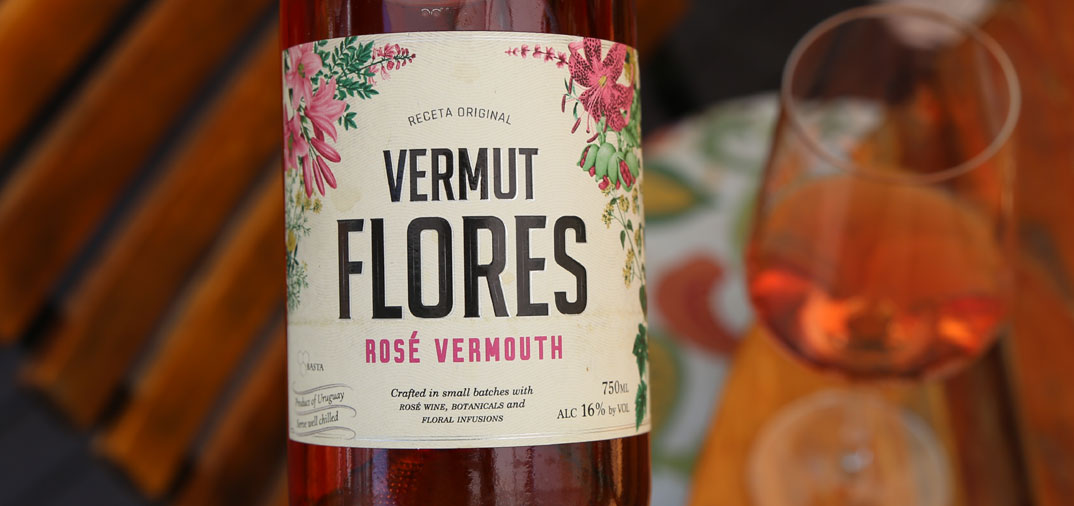
The wine I’m featuring today is a little bit different than most of the wines I write about. This one is a vermouth.
I would venture to guess that a lot of people only think of vermouth as a mixer for cocktails. While vermouth is often used as a cocktail ingredient, it is actually a wine and can be consumed by itself as an aperitif.
Technically speaking, vermouth is an aromatized wine, meaning that it’s infused and flavored with botanicals (i.e., herbs, spices, bark, flowers, etc.). This is why I say this wine is different from the wines I usually write about. It can be produced sweet or dry, but it is always flavored with botanicals.
Most vermouth is produced in Europe, particularly in Italy, France and Spain, where it’s more common for people to drink vermouth as an aperitif than it is in the US. In Spain particularly, vermouth seems to be having a resurgence in popularity. Some years ago it was common for Spaniards to have a palate cleansing vermouth before a meal, but it’s popularity waned. In recent years, however, it has once again become a popular tradition to have a vermouth, along with some tapas, at bars, restaurants and vermuterias — which are bars specializing in vermouth.
The vermouth I’m writing about today, Vermut Flores Rosé, is produced in Uruguay and strikes me as having some inspiration from Spanish vermouth. But while it may or may not have gotten some inspiration from Spain, it is its own, unique Uruguayan expression of vermouth.
One of the characteristics that makes it Uruguayan is the base wine used: Tannat — the most widely grown grape in Uruguay. Tannat is not native to Uruguay, it originates from France, but it is considered to be the “national grape” of Uruguay and accounts for about 27% of the grape vines planted in the country. It is typically used for producing full-bodied red wines, but in this case the wine was produced as a rosé to be used as the base for this vermouth.
The rosé base wine was flavored with 27 different botanicals to create Vermut Flores Rosé. I would be impressed if you could identify all 27 of the botanicals. Really impressed. There are a few that stand out, but others are more subtle.
Vermut Flores also produces a red version of vermouth, although I’ve not had a chance to try that one yet.
Tasting Notes
On the nose this vermouth is very floral and herbal, offering fragrances such as chamomile, dried orange rind, coriander, wormwood and other spices. There’s also a subtle fruitiness. On the palate there’s a nice play between bitter tannins and slightly sweet fruit flavors, such as mandarin orange and mango. The acidity is nice and bright, bringing out some citrus notes. The mouthfeel is pleasant. The spices linger on the finish for long, long time.

Serving Suggestions
You can drink this wine straight or on the rocks. Yes, that’s right, I’m suggesting you add ice to your wine. It’s common to add a slice of orange or lemon as well. You could even add an olive, the saltiness of which would complement the sweetness of the vermouth.
Some people like to add a splash of soda water to their vermouth. You could even blend it with a sparkling wine, like a Prosecco or a Cava, for a spritz of sorts. I tried making a spritz with some Cava and while it was good, I preferred the vermouth on the rocks.
Wine: Vermut Flores Rosé
Varieties: 100% Tannat, plus 27 botanicals
Vintage: Non-vintage
Alcohol: 16%
Rating: 92
Average price: $16
Disclosure: This wine was received as a media sample.










